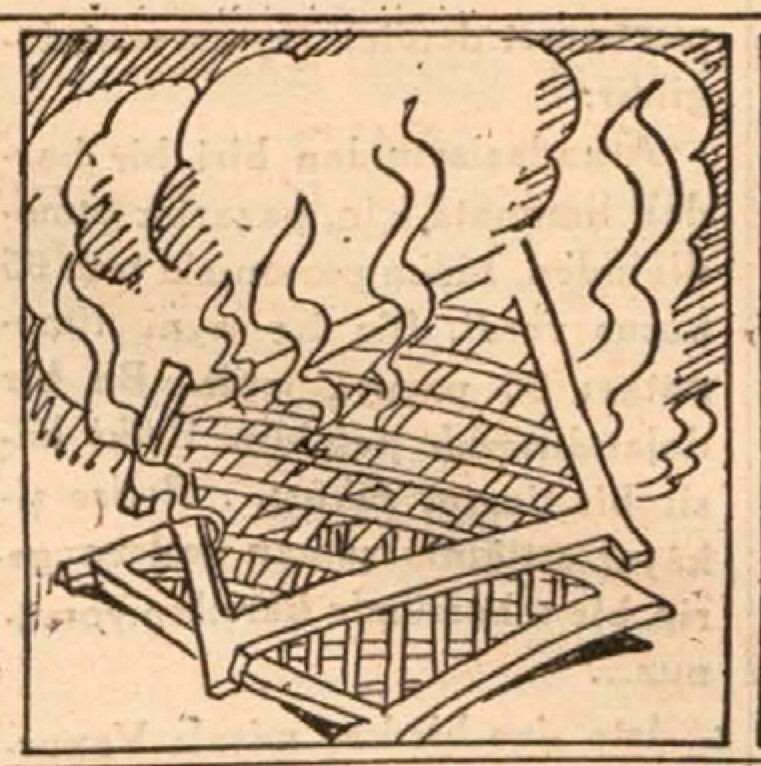Micro Narrative
On Latticed Windows, Disease, and the Materiality of a Bygone Epoch


Throughout the 1930s, the kafes (the lattice screens on windows) became a public concern in Turkey. The medical as well as ideological connotations of kafes led to widespread campaigns, and it was banned by many local authorities for sanitary reasons. Articles published in the Turkish media at this time link the kafes (as an architectural element with religious and political connotations) to disease and poor health, to the healing powers of sunlight, and to the symbolic and perceived bonds between bodies and buildings.
Continue Reading: